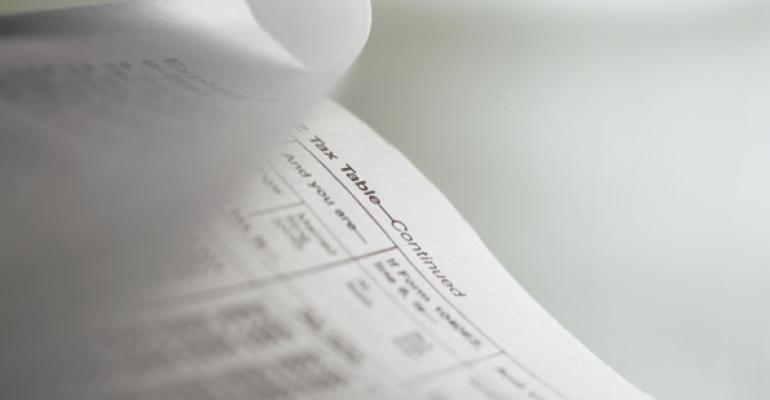On July 31, 2012, the New Hampshire legislature passed SB 326, repealing the 5 percent interest and dividends (I&D) tax on non-grantor trusts. The actual impact of this tax on the dynasty trust business that New Hampshire courts was negligible. However, according to Scott Baker of the New Hampshire Trust Council, eliminating it reinforces the state’s commitment to fostering an attractive environment for establishing and administering trusts.
New Hampshire doesn’t tax capital gains within trusts and only taxes I&D on trusts with New Hampshire resident beneficiaries. Beginning in 2013, non-grantor trusts won’t be subject to any New Hampshire taxes, regardless of where the beneficiaries reside, and resident beneficiaries will only have to pay I&D taxes on what’s actually distributed to them. Non-resident beneficiaries will pay no I&D tax on any distributions they receive.
In the world of dynasty trusts, most trusts are set up as grantor trusts and most beneficiaries are out-of-state. As such, this repeal does little to improve New Hampshire’s actual effectiveness as a trust situs. However, New Hampshire was already a highly attractive trust situs jurisdiction, and this tax, though it had little impact on most dynasty trusts, created a problem of perception, says Baker. While it existed, other competitive jurisdictions could rightly claim that New Hampshire still applied state income taxes to trusts. Likewise, published rankings of the top trust situses, such as those compiled by Trusts & Estates, included New Hampshire among those states that still applied state income taxes to trusts. Baker stresses that through the repeal of this tax, New Hampshire hopes to gain the public recognition as a top trust situs that its laws have already long reflected.






